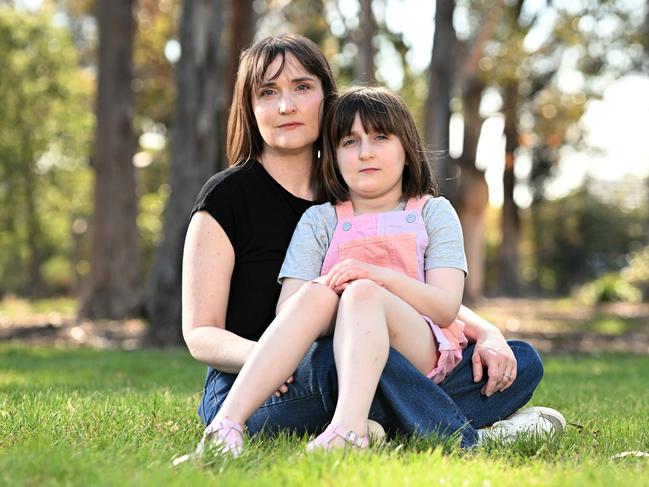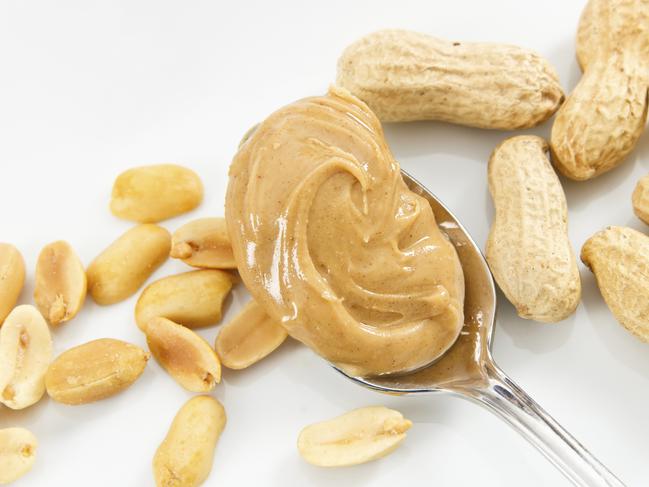Australian scientists reveal what’s behind the rise in peanut allergies
An Australian team has revealed for the first time what raises the risk of developing peanut allergies, and the changes that could “help turn the tide” on the rise in food sensitivities.
Victoria
Don't miss out on the headlines from Victoria. Followed categories will be added to My News.
Peanut allergies are linked to higher levels of air pollution, world-first Melbourne research has found.
The study found increased exposure to air pollution from birth not only raised the risk of developing the allergy, but also the likelihood that it would persist past infancy and into childhood.
The Murdoch Children’s Research Institute study compared the average pollution levels at the homes of more than 5000 Melbourne children with their allergy test results.
But while higher annual pollution exposure was linked to the development and persistence of peanut allergies in a child’s first ten years of life — the same could not be said for egg allergies or eczema.
Pollution and peanuts may seem unrelated on the surface, but MCRI Associate Professor Rachel Peters said the heightened allergy risk made sense once we looked at pollution’s impact on our immune system.

“These pollutants can have an irritant or inflammatory effect on many cells in the body, and this disrupts the body’s normal immune response,” she said.
“This means that the immune system can actually start to overreact to things that are usually harmless, such as food proteins.
“It can start to think that these food proteins are a threat.”
She said the rise in rates of food allergies had coincided with increasing urbanisation, prompting researchers to believe environmental factors may play a role.
“But nobody had actually looked at the link between air pollution and food allergy before,” she said.
She said their study looked at two types of air pollution: the amount of nitrogen dioxide, a gas linked to fossil fuel combustion, and the concentration of extremely tiny particles, called PM (2.5).
“These are small enough that they can enter your lungs or your bloodstream,” she said.
“It can come from things like traffic emission, construction activities so dust, wood burning as well, your open fireplace at home, bushfires.”

One in ten Australians develop an allergy before their first birthday, but some grow out of them.
Prof Peters said – while allergies were influenced by multiple factors such as genetics and infant diet – lowering pollution could “help turn the tide” on allergy rates.
“Improving city design to support greater air quality regulation, better promoting public transport and switching to noncombustion fuels may help turn the tide on peanut allergy,” she said.
“Even though we are considered to have reasonably good air quality compared to other regions of the world, we still have shown that there are unfortunately adverse impacts.”
Melbourne University’s Dr Diego Lopez said more researchers into the different peanut, eczema and egg results were needed, but co-exposure – to both the allergen and pollution at the same time – may play a role.
Prof Peters said these Melbourne studies were crucial for finding links and patterns to inform future research.
Melbourne mum Eleanor Jenkin said her daughter Mae Foley-Jenkin, 8, has had severe food allergies since she was a baby and the “more we know” about prevention, “the better”.
“It’s really exciting how much more we know now about allergies, than when Mae was diagnosed,” she said.
“She’s living a full, fantastic life... but it changes the way we engage with the world, it can be quite limiting.”
Originally published as Australian scientists reveal what’s behind the rise in peanut allergies


